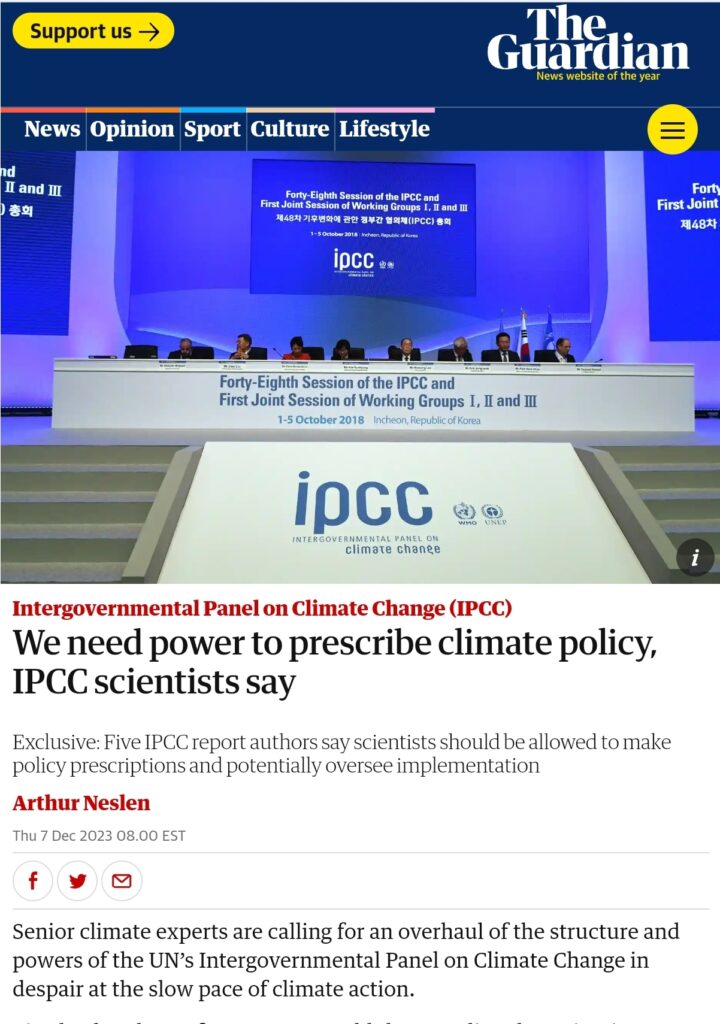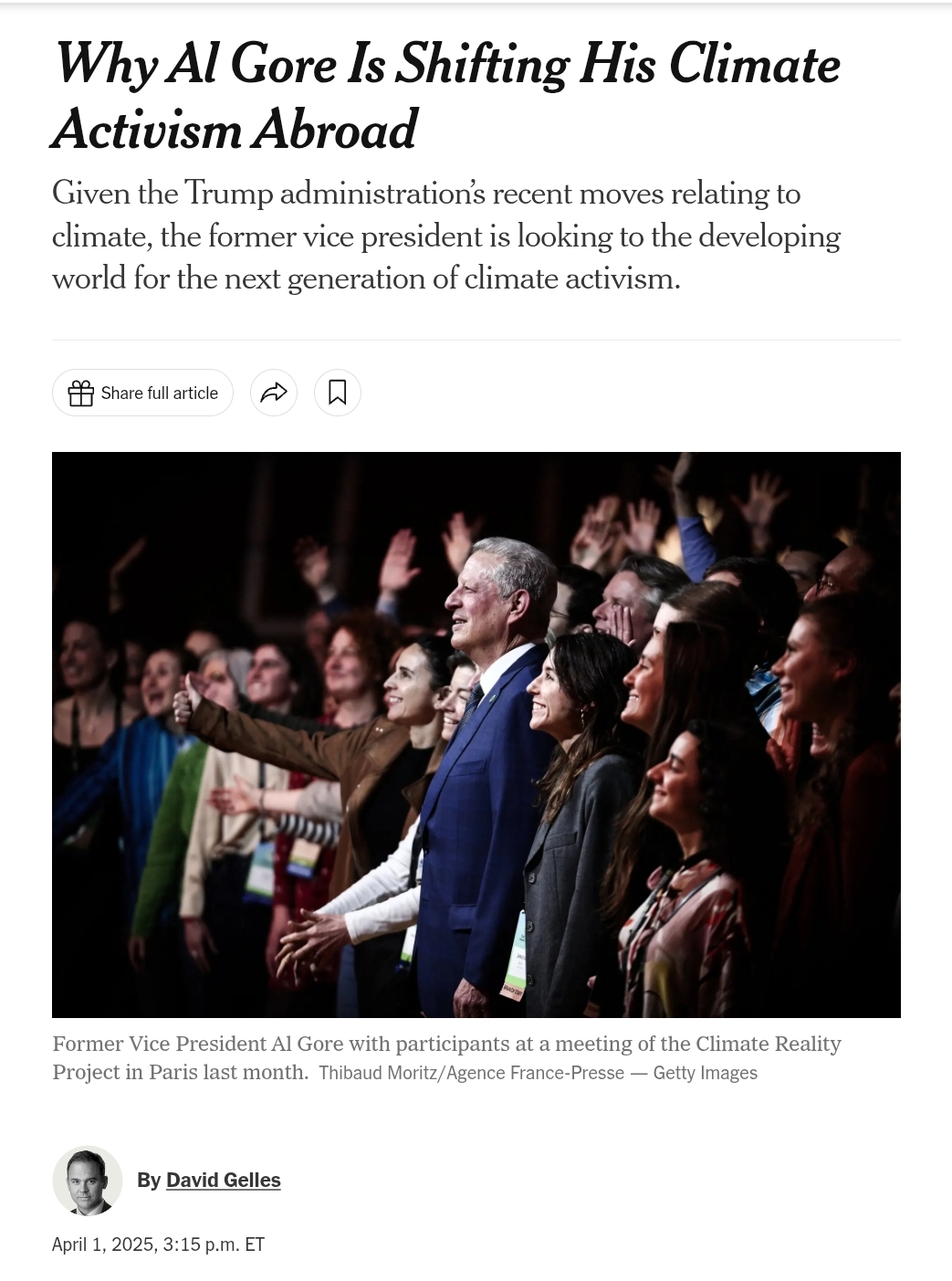By Arthur Neslen
Senior climate experts are calling for an overhaul of the structure and powers of the UN’s Intergovernmental Panel on Climate Change in despair at the slow pace of climate action.
Five lead authors of IPCC reports told the Guardian that scientists should be given the right to make policy prescriptions and, potentially, to oversee their implementation by the 195 states signed up to the UN framework convention on climate change (UNFCCC).
Their call came after it emerged that the United Arab Emirates had been planning to use its position as Cop28 host to strike oil and gas deals .
Sonia Seneviratne, an IPCC vice-chair and coordinating lead author since 2012, said: “At some point we need to say that if you want to achieve this aim set by policymakers then certain policies need to be implemented.
“As climate change becomes worse and worse, it is becoming more difficult to be policy relevant without being prescriptive.”
Scientists should be able to call for fossil fuel cuts and phaseouts, she said. The discrepancy between IPCC science and action on the ground was “very difficult for us to understand as scientists because it doesn’t seem to make any sense”.
Gert-Jan Nabuurs, a coordinating lead author on three IPCC reports, said: “The IPCC’s critical, independent and guiding roles seem to be less and less evident. As they decline, countries seem to be exerting a larger and larger influence.”
The problem for authors was that “we can’t be policy prescriptive, so we can’t make hard statements on what should be done”, he said.
Nabuurs questioned the value of continuing to produce assessment reports when “we already know that in five to six years’ time the message is not going to be very different, the problem will still be there, emissions will still be going up, there will be more evidence of impacts and less time to try to stay under 2C [of heating above pre-industrial levels]”.
Greenhouse gas emissions are on track to rise by 9% by 2030, despite years of warnings from scientists that climate tipping points may be near. Emissions would need to fall by 43% by the decade’s end to meet the Paris climate agreement goal of capping global heating at 1.5C.
Julia Steinberger, a coordinating lead author on climate mitigation pathways on the IPCC’s most recent, sixth assessment report, known as AR6, said: “Right now, not only is the IPCC prevented from making strong, clear, commonsense statements – like the need to urgently move away from fossil fuel use and investment – but many scientists have personally taken being ‘non policy prescriptive’ to be part of their communication in general, not just the IPCC’s. This self-silencing is counterproductive, in my opinion.”




